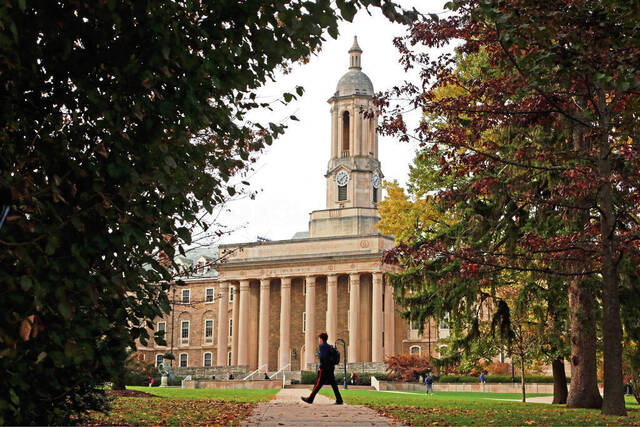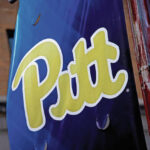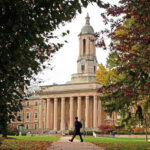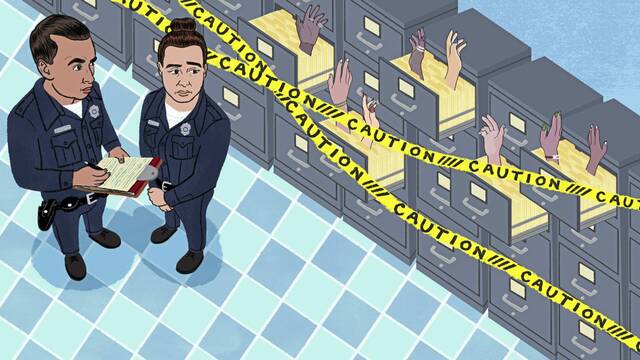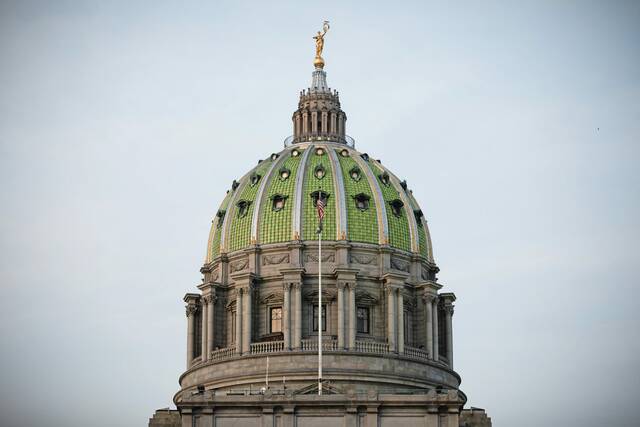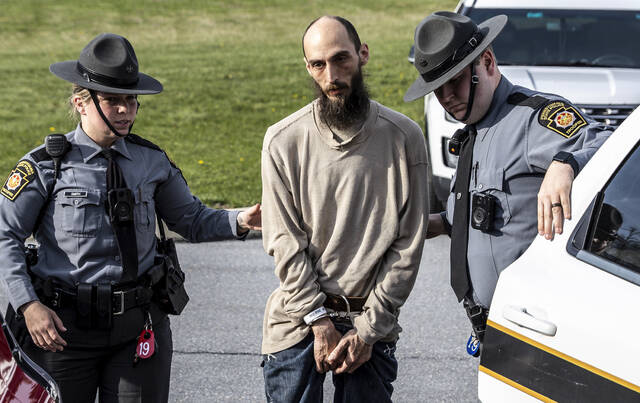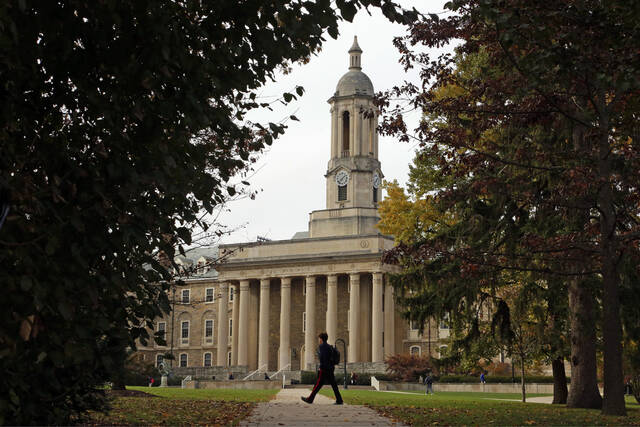Setting up a table on a college campus to encourage voter turnout or promote a political candidate are time-honored student expressions of free speech, as is canvassing door-to-door before an election.
But in Pennsylvania, those campus activities have received pushback from a number of school administrators this fall, free speech advocates say.
The Philadelphia-based Foundation for Individual Rights and Expression and the American Civil Liberties Union of Pennsylvania said Thursday they have received dozens of complaints from students on public and private campuses.
So they have sent letters to 28 institutions and to Christopher Fiorentino, interim chancellor of Pennsylvania’s 10 state-owned universities, urging that those rights be defended.
Among the campuses are the University of Pittsburgh, Penn State University, Cheyney, Commonwealth, East Stroudsburg, Indiana, Kutztown, Lincoln, Millersville, Penn Western, Slippery Rock, Temple University and West Chester, as well as the state’s 15 community colleges. Officials did not send correspondence to private campuses as their legal obligations are different from public institutions.
The letters were drafted with voters in Pennsylvania, a key swing state, set within days to cast ballots in a neck-and-neck presidential race between Democratic Vice President Kamala Harris and Republican Donald Trump.
“Several of these complaints involve the misuse of solicitation policies, where conversations about the right to vote were are treated as solicitation,” FIRE said in a statement Thursday. “This happened at Shippensburg University and the University of Pittsburgh, among others.”
Witold Walczak, legal director of the ACLU of Pennsylvania, and Jessie Appleby, an attorney and program officer for campus rights advocacy with FIRE, signed the letters.
One letter to Shippensburg President William Ruud dated Wednesday reminded him of the university’s obligation to uphold First Amendment rights as a member of Pennsylvania’s State System of Higher Education.
“As you know, public colleges and universities are bound by the First Amendment, and their actions and decisions must comply with the First Amendment’s requirements, including protecting the right to participate in the public debate through political expression and political association,” it read.
“It should surprise no one that political expression during an election season occupies the core of the protection afforded by the First Amendment,” the letter added.
Appleby told TribLive that the issue seemed “a result of confusion on administrators’ part, more than any top-down effort to necessarily shut down students’ political beliefs.”
She cited instances where students were canvassing in a common area and were told by one administrator they could do it, only to be told 30 minutes later by another that, “No, you’re violating school policy.’’
At least one complaint involved a common area within the William Pitt Union at Pitt near the cafeteria, but Appleby had no information on other complaint locations. Students often set up tables, sometimes referred to as “tabling,” in that location and in student centers at other campuses.
The letters follow an earlier one sent on Oct. 22 to Penn State President Neeli Bendapudi. In that letter, officials pointed to what they described as a concerning pattern of Penn State suppressing political speech. It referred to removal in September of newsstands with political advertising as well as copies of The Daily Collegian, the student newspaper.
“Penn State’s failure to respond to those concerns, now coupled with new reports of restrictions on students’ election-related activities, raises serious alarm about the university’s commitment to, and compliance with, its legally binding First Amendment obligations,” the groups wrote.
“The First Amendment unambiguously applies to election-related activities such as registering voters and canvassing,” the letter stated. “In fact, these in-person voter engagement activities are precisely the type of interactive, one-on-one communication that characterizes the ‘core political speech’ characteristic of our liberal democracy.”
A letter sent Wednesday by both groups to Pitt Chancellor Joan Gabel said, “Colleges and universities may establish and enforce reasonable restrictions on the time, place, and manner of expressive activities, including election-related expressive activities. But institutions may not impose restrictions only when the interactions concern elections and voting.”
A statement released Thursday by Pitt spokesman Jared Stonesifer said, “The University of Pittsburgh remains committed to the freedom of expression, including for election-related activities. Our Division of Student Affairs works closely with our nonpartisan initiative, Pitt Votes, to engage with our student body around the importance of voting as well as information and education around voting and elections.
“We are not aware of any specific complaints related to election activity at this time. Additional information about our free expression commitment and election FAQs can be found at freespeech.pitt.edu,” he said.
Wyatt Dubois, a spokesman for Penn State, did not respond Thursday to a message seeking comment.



